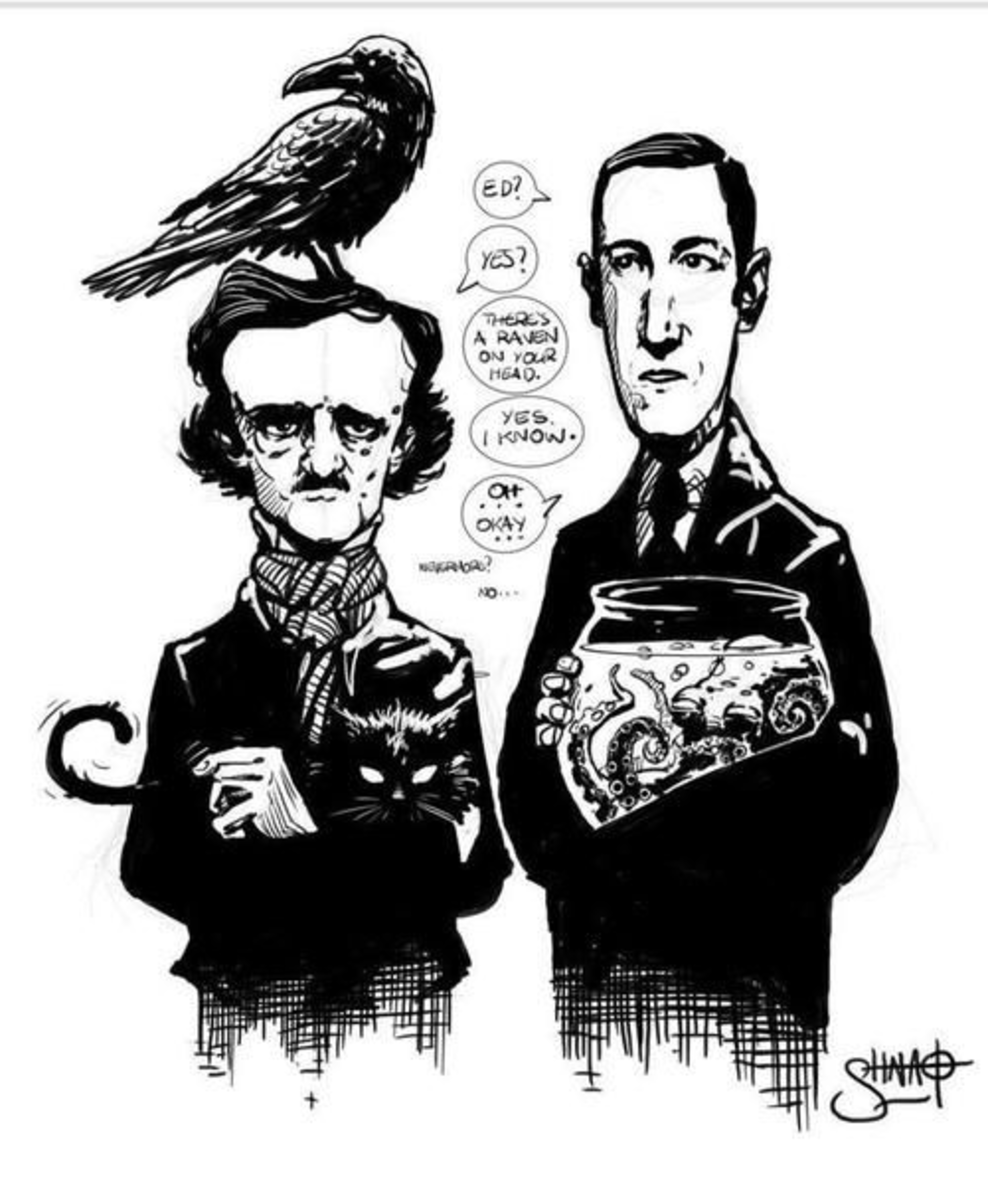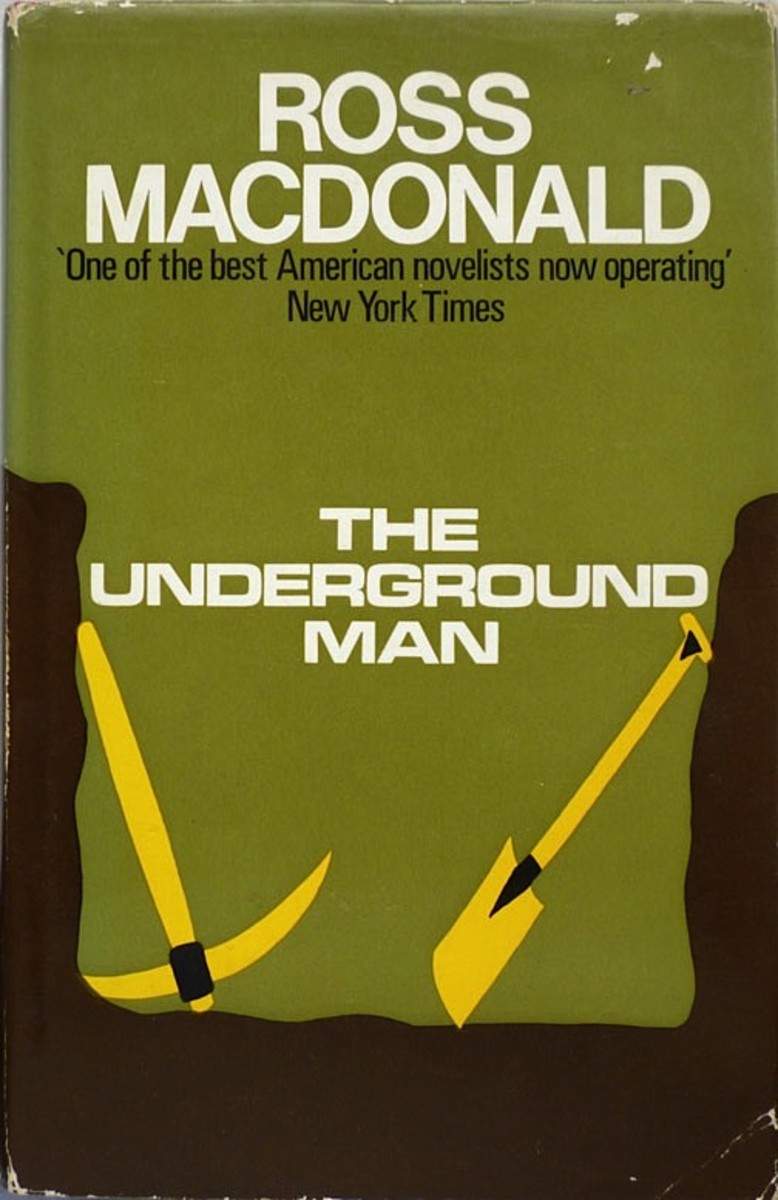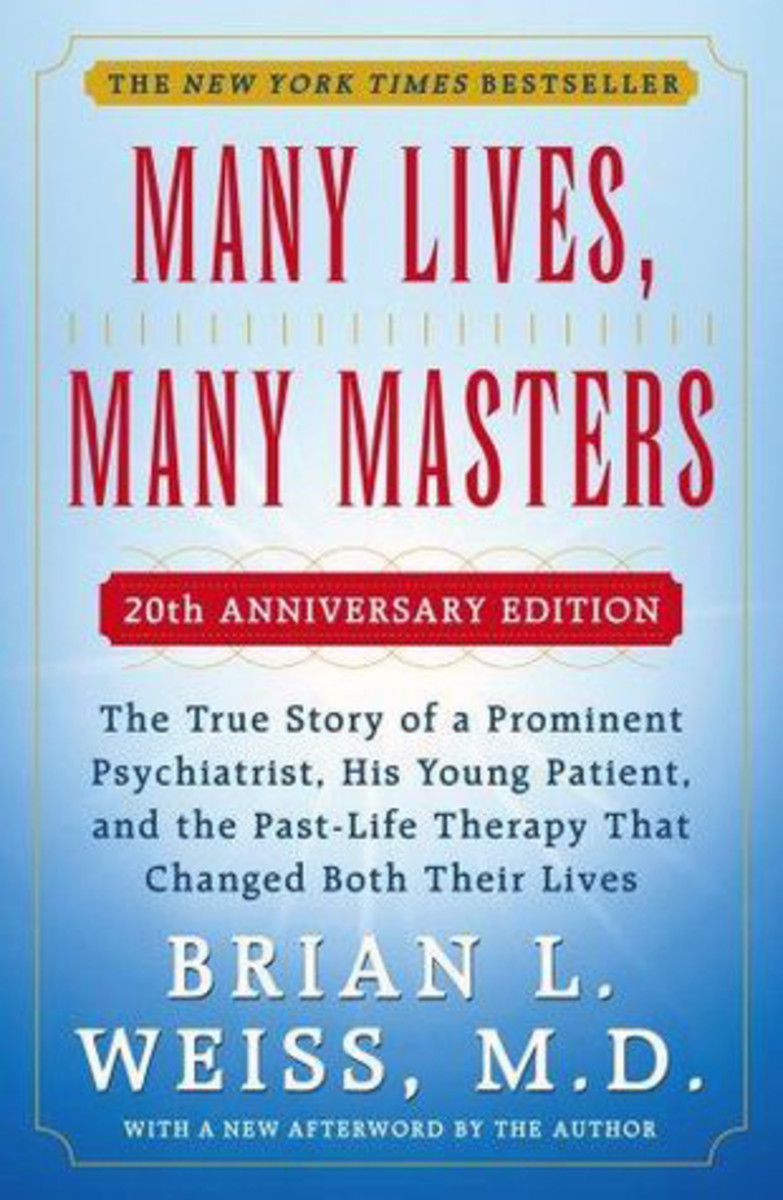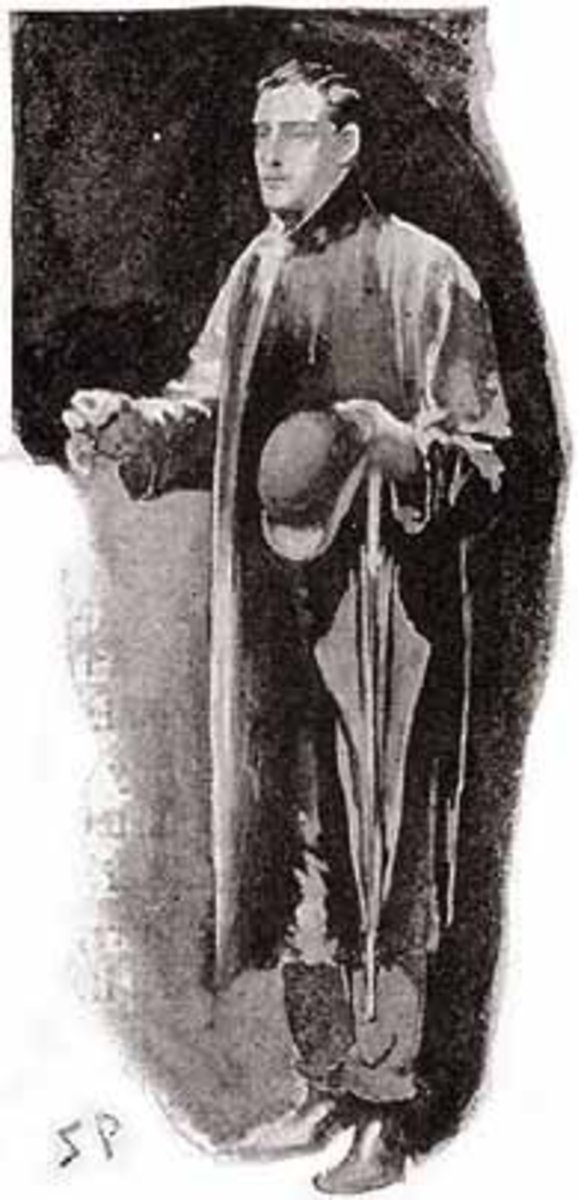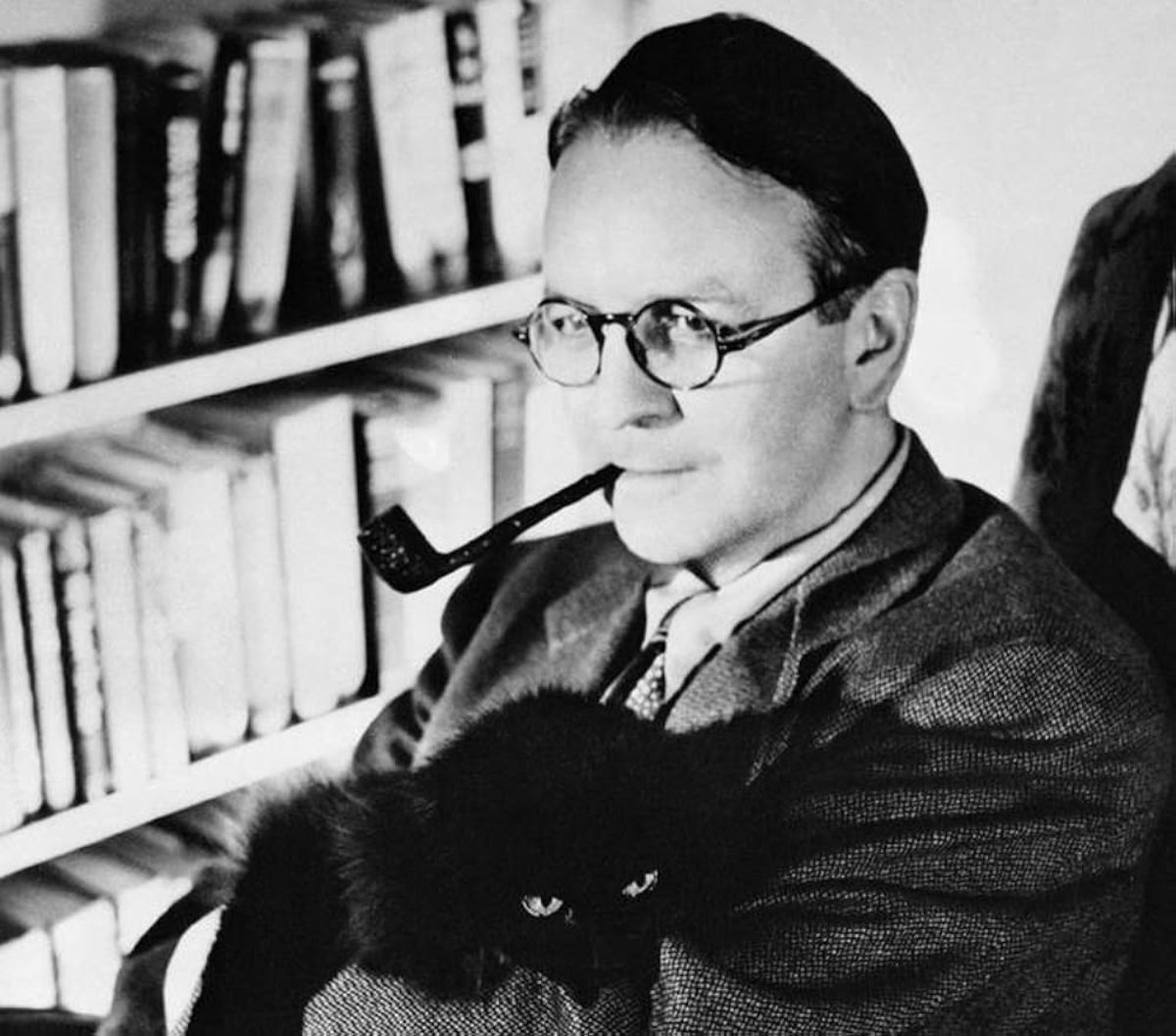The Last Don by Mario Puzo: A Book Review
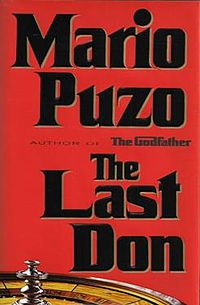
Today we're going to take a quick look at a crime novel by Mario Puzo called The Last Don. As always, this review is not a personal opinion, 'thumbs up/'thumbs down' deal. I'm going to try to give you keys to comprehending it, show you what you would be in for should you decide to either buy this book from the bookstore or check it out from your local public library and read it.
As I have been saying, in a couple of other reviews of Mr. Puzo's work, that I have recently posted, there are certain features that characterize what Mr. Puzo does and how he does it.
Prose Style
As I have always said, about Mario Puzo, he is one of those writers whom I consider to be a prose stylist. What I mean by that is that I find the very way he uses the language compelling, as it, as much as the story itself, pulls me through. It has its own rhythm and cadence and is distinctly him.
Of course, not all fiction writers are like that. Perhaps I shouldn't name names, so I won't; but with some writers, what is important is content as opposed to style of presentation. What I like to say about Mario Puzo's writing is that the style makes the substance!
Is that vague enough for you so far?
Puzo's Use of the 'Experiential Past Tense' in His Writing
What is the 'experiential past tense'?
First of all, it is a term I made up. Second of all, it goes like this: All fiction is written in the grammatical past tense---with me so far? You understand that you are, in theory, being told about events which have already occurred.
And yet, in most novels and stories, the story is presented in such a way that makes one think the story is, actually, just now unfolding before your eyes as you are reading it. You get to thinking that this is the first time these events are happening, right now. One of the things that signal this are the lines of dialogue with quotes at either end.
These marks "......" represent the exact reproduction of what people said, which, of course is most emphatically not the way you and I tell stories to friends and other people we know. Two people sitting in Starbucks don't talk to each other with such sustained, exact reproductions of what people said, when we relate past events. Is that fair to say?
The quotation of dialogue is the major thing, so I will confine myself to that. Well, I like to call this dynamic of the grammatical past tense with the exact representation of dialogue the experiential present tense.
So, the combination of the grammatical past tense in which most stories and novels are written in, and the experience of the story unfolding, for the first time ever as you read it, as exemplified by the quotation of exact lines of dialogue, gives us what most fiction is made up of, the experiential present tense. The grammatical past tense--The experiential present tense.
Do you follow me?
Good.
The Experiental Past Tense Now
We go back to the grammatical past tense in which most fiction, I know of, is written. That tense tells us that we are being told about events that have already happened. But, as the events are presented to you for the first time, one is most emphatically NOT given the impression that the events are unfolding before her eyes just as she is being told about them.
This effect is achieved, for one thing, by communicating with the reader is a way that is more natural to you and me, two people sitting at Starbucks. One does not find nearly the amount of lines of dialogue bracketed by quotation marks, if any. So, you both know, intellectually, that the story you are being told has already happened, and you feel as though the events you are being told have already happened.
Now then, when this effect is produced, it tends to speed things up.
Of course, all authors use both the so-called grammatical past tense-experiential present tense and the grammatical past tense-experiential past tense. Some writers use the latter more than others.
Why am I bringing this up and what does this have to do with a review of The Last Don?
In all of my reviews I tend to approach the subject by talking about both what the book is and is not; and why the book is and is not thus and such. As I write these reviews, I am always thinking about what additional, concrete observations I can make about the literature that can provide you with more assistance in making a determination about whether or not you think you would like the book I'm writing about. Follow?
The whole experiential past and present tense thing relates to that, in the way it makes the book this as opposed to that, and if it is this but not so much, why. Don't worry, you're not hallucinating; you read that previous sentence correctly.
The Last Don is a Mafia-based novel. As usual with Mr. Puzo's work in this area, the book is about both family (lower-case 'f) and Family (capital 'F'). Don Domenico Clericuzio is head of both the Clericuzio family, the biologically linked clan and the Clericuzio Family, the Underworld Mafia Organization; in fact the Clericuzio Family is the most powerful Mafia empire in the United States of America.
As usual, again, a small group of people are pivotal for both the family and the Family; and as usual, too, what happens in the family reverberates throughout the Family and vice versa.
Okay, Las Vegas gambling is at the center of this story. Don Domenico Clericuzio is scheming and hoping for the day when gambling is made legal in all fifty states of the Union. Basically, the Clericuzio clan has the infrastructure set up so that when that day comes, the family will reap billions in profits. There are things that have to be done, deals that have to be made, men who must be 'whacked' in order to make this happen, of course.
As usual in Mario Puzo's work, Don Clericuzio wants to transition the Clericuzios away from street crime, and fit them more securely into legitimate elite society, so that they can 'enjoy our wealth without fear.' This novel was made into a television movie. The great Danny Aiello played Don Clericuzio.
This book, like Mario Puzo's novels, is a crime novel not a mystery. It is not a thriller but it is, technically, a suspense novel.
The book is, as I say, a crime novel because there is no question about who is doing what from the outset; in fact, as is true of all of Mario Puzo's Mafia-based novels, a 'bad' guy is the book's hero. He (or they) are sympathetic because the bad things we see them do are done to people, who, like themselves, are predatory criminals, but criminals who have no 'honor,' and therefore deserve what they get. The Last Don is not a 'mystery' novel because there is simply no element of 'whodunit;' Do you follow?
The book is not a thriller because the action is not put across in any way that indicates a momentous immediacy. Nothing, in and of itself, is presented as 'absolutely Earth-shaking.' The book is, technically, a novel of suspense, as I understand the term, because the hero must accomplish something before a certain time window closes. However, and its hard to make this clear, but the suspense is put across in a rather relaxed manner (I think perhaps, where and how Mario Puzo uses the experiential past tense may have something to do with 'softening,' if you will, the suspenseful 'rough edges' of the book).
What you get is something like crime drama; and something that straddles the fence between a genre work and literature. This, too, is quite characteristic of Mario Puzo's work. Indeed, from time to time, critics have been inspired to use the word genre-bending, in reference to Mr. Puzo's work, not without justification.
One more thing, Sir, and I'll close with this...
Out of all of the Mafia-based novels by Mario Puzo, this one, The Last Don, is, in my opinion, the book that features the most complex Family (capital 'F')-to-family (lower case 'f') relationship of them all. Unlike The Godfather Trilogy and Omerta, the danger the Clericuzio clan faces comes from within the family (lower case 'f'); and this, quite naturally endangers the Clericuzio Family (capital 'F').
That is to say, as usual, there is a core group of people pivotal to both the Clericuzio family (lower case 'f,' which refers to the biologically-linked clan) and the Clericuzio Family (capital 'F,' which refers to the organized crime, Mafia organization).
You see, there is some 'Romeo and Juliet' in this novel. The Clericuzio and Santadio Families (capital 'F') hate each other, are rivals, and all that. The Clericuzio young woman and a Santadio young man fall in love. They are forbidden loves. But they are young, and with the innocence and triumphalism that can only come with youth, they believe that there love can conquer all, and bring peace between the Two Great Families.
Of course, they could not have been more wrong. Their love ends in tragedy. But wait! A precious child is born of the union. Perhaps he, this love child, born of the Clericuzio and Santadio blood will bring peace between the Two Great Families.
You think so?
I really wouldn't count on it!
The child grows up handsome and brilliant, in his way. He grows up a Clericuzio. Despite Don Clericuzio's hopes for the boy, Dante---that's the love child's name---finds his way into the Family Business. Bang! Bang!
But his father was the Santadio, whom the Clericuzio had had killed. Did I mention that? Why did the Clericuzio assassinate Dante's father? Because the Santadio had assassinated the favorite, younger son of Don Clericuzio, a light onto the world called Silvio Clericuzio.
There, you just let your imagination work on that until you read the book.
Thank you so much for reading!

